 Congratulations to Mr. Musa Lewis Nhlabatsi whose paper ‘Clinicians’ barriers to screening and diagnosing diabetes distress in patients with type 1 and 2 Diabetes Mellitus: a systematic review’ has just been accepted by the African Journal of Health Sciences [1].This systematic review’s initial search identified 1,579 studies, but only four primary studies from three countries met the inclusion criteria. The studies reported five barriers: (1) lack of knowledge, (2) lack of time, (3) lack of accessibility to mental health services, (4) lack of motivation and (5) patients’ denial of their diabetes distress. The two most reported barriers were lack of knowledge and time. In conclusion this review identifies critical barriers to the underdiagnosis of diabetes distress by clinicians and highlights the need for policymakers and organisations to conduct pragmatic research to understand clinicians’ experiences in assessing diabetes distress in various healthcare settings to improve diabetes management.
Congratulations to Mr. Musa Lewis Nhlabatsi whose paper ‘Clinicians’ barriers to screening and diagnosing diabetes distress in patients with type 1 and 2 Diabetes Mellitus: a systematic review’ has just been accepted by the African Journal of Health Sciences [1].This systematic review’s initial search identified 1,579 studies, but only four primary studies from three countries met the inclusion criteria. The studies reported five barriers: (1) lack of knowledge, (2) lack of time, (3) lack of accessibility to mental health services, (4) lack of motivation and (5) patients’ denial of their diabetes distress. The two most reported barriers were lack of knowledge and time. In conclusion this review identifies critical barriers to the underdiagnosis of diabetes distress by clinicians and highlights the need for policymakers and organisations to conduct pragmatic research to understand clinicians’ experiences in assessing diabetes distress in various healthcare settings to improve diabetes management.
The paper developed from his work on the Systematic Review Module for Masters student. Earlier Musa won The Department of Medical Science and Public Health Award in July 2023 and he graduated in November 2023.
Congratulations!
Profs. Vanora Hundley and Edwin van Teijlingen
Reference:
- Nhlabatsi, M.L., van Teijlingen, E., Hundley, V. (2024) Clinicians’ barriers to screening and diagnosing diabetes distress in patients with type 1 and 2 Diabetes Mellitus: a systematic review’, African Journal of Health Sciences (forthcoming)

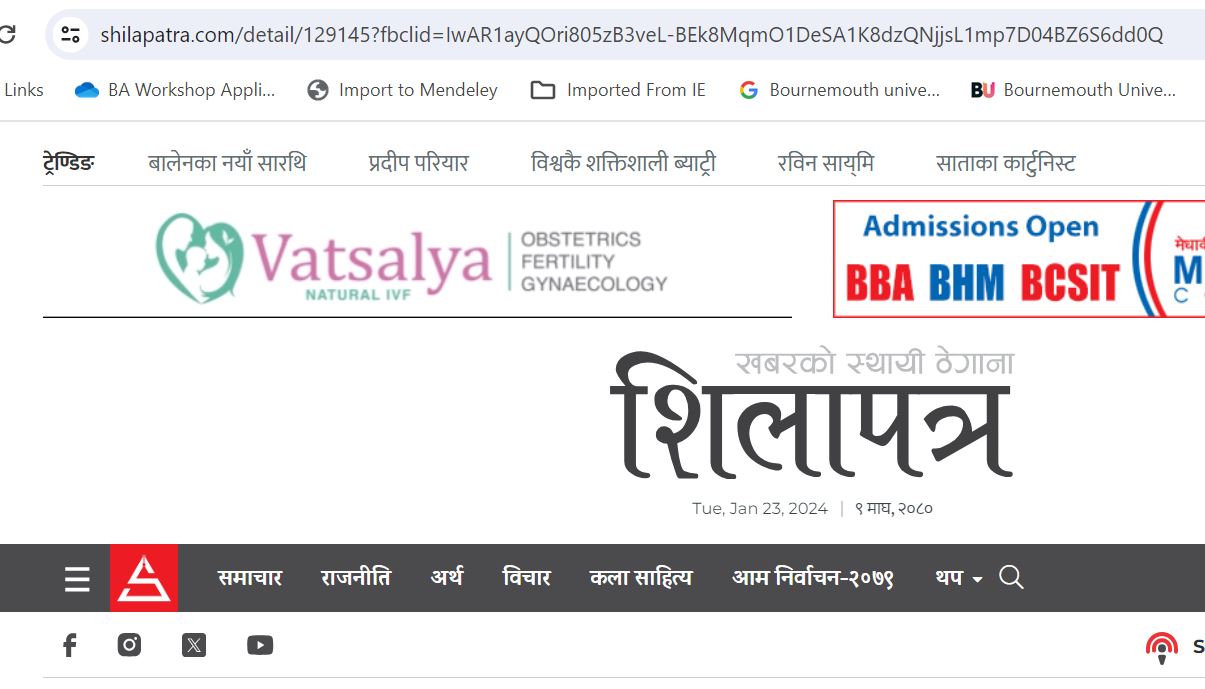
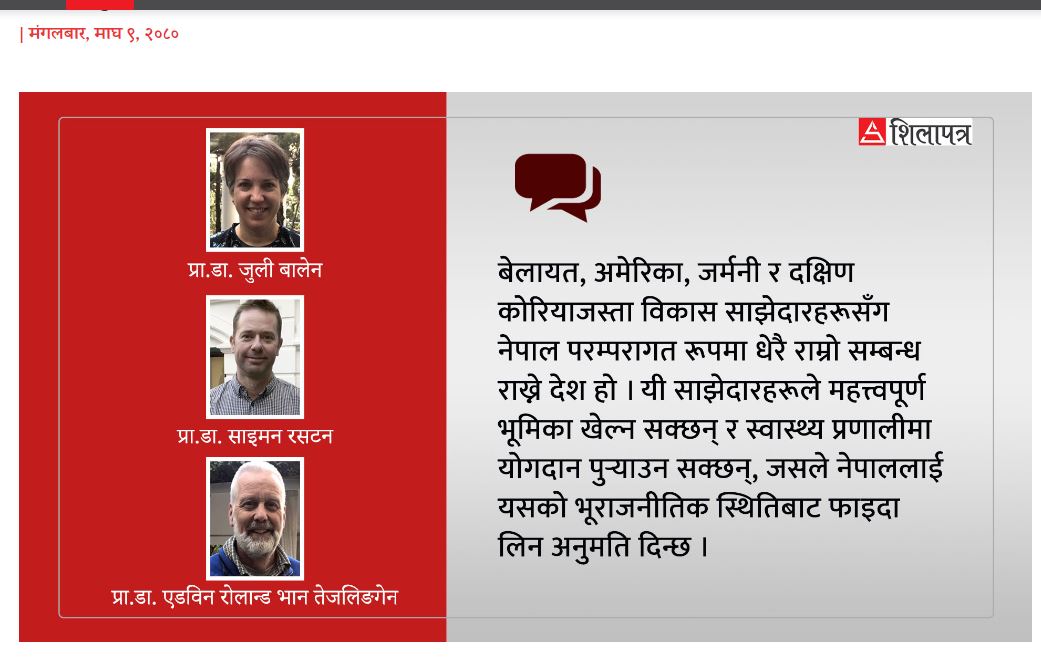
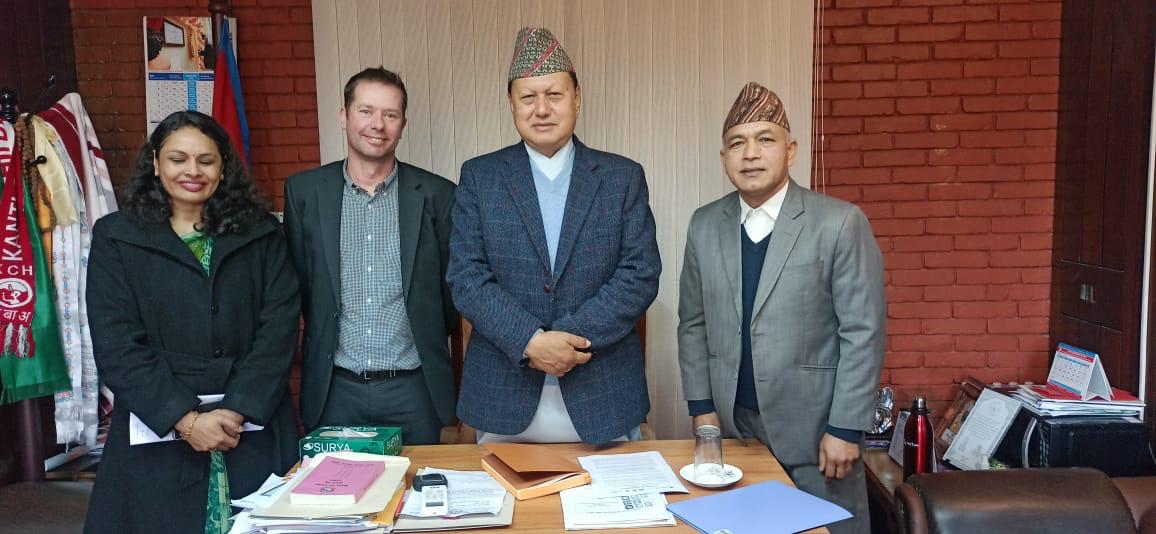
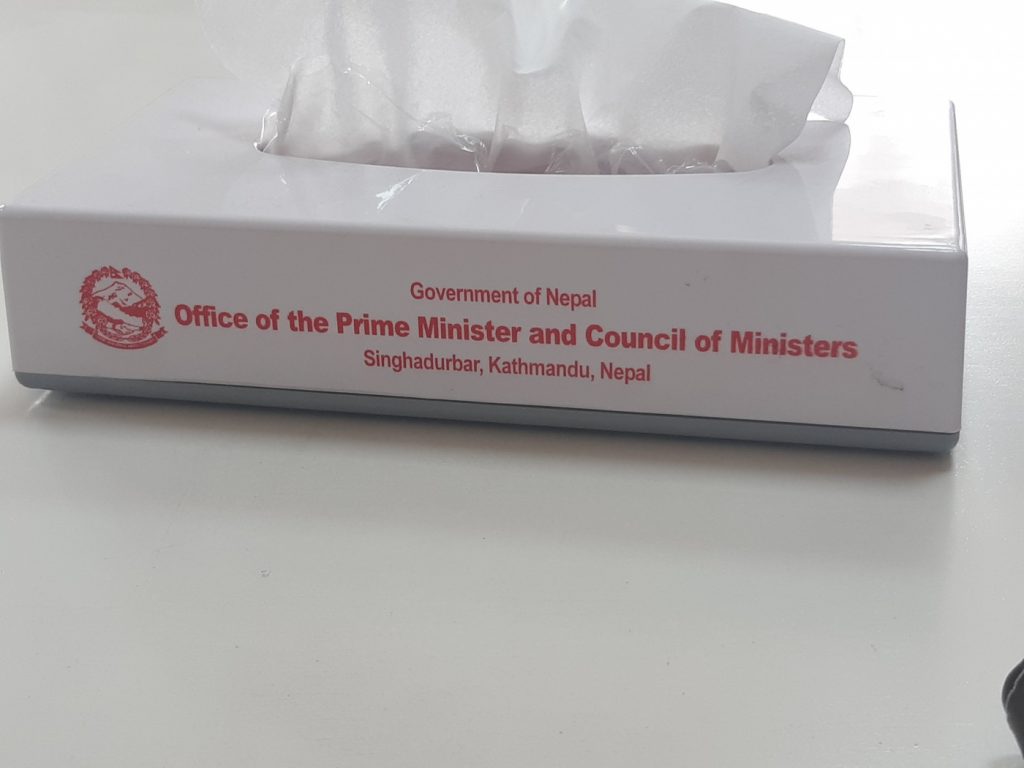
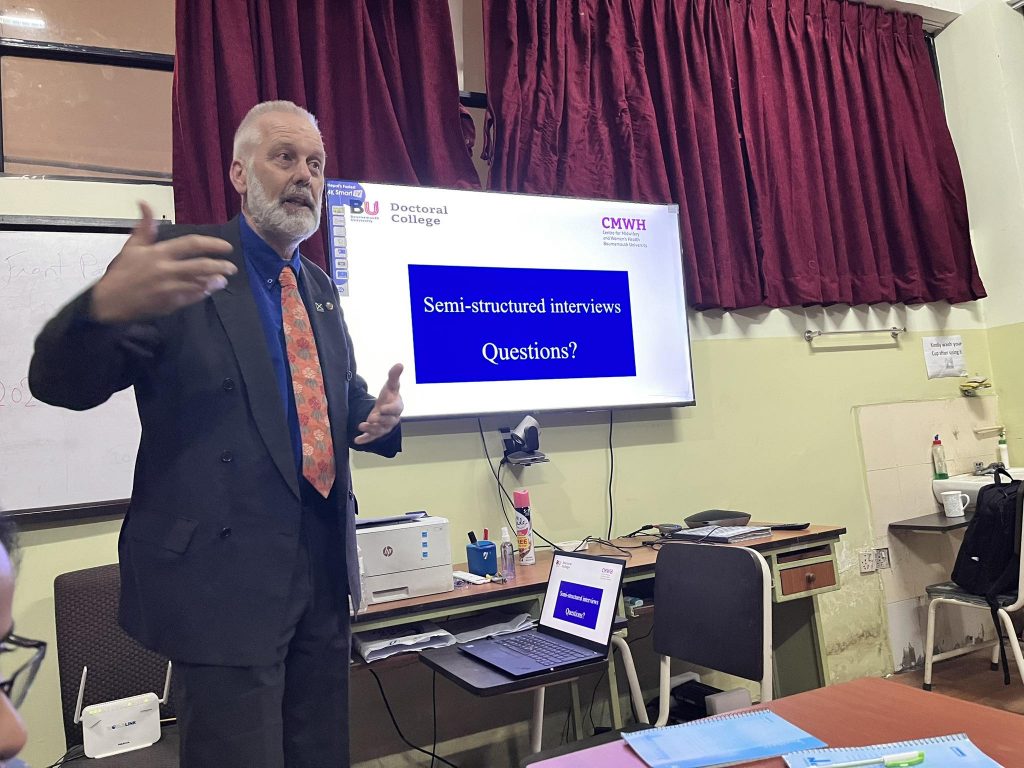
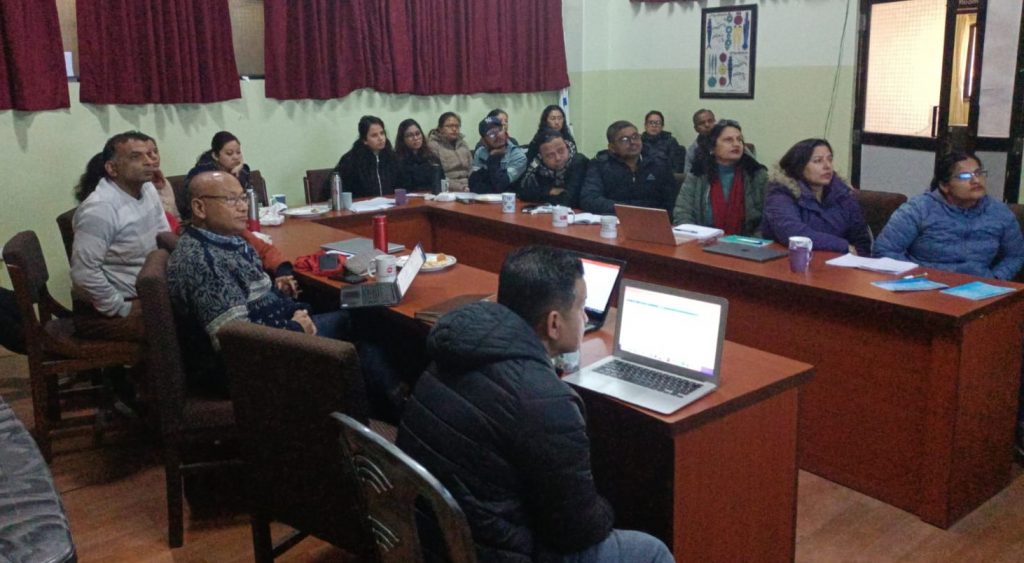

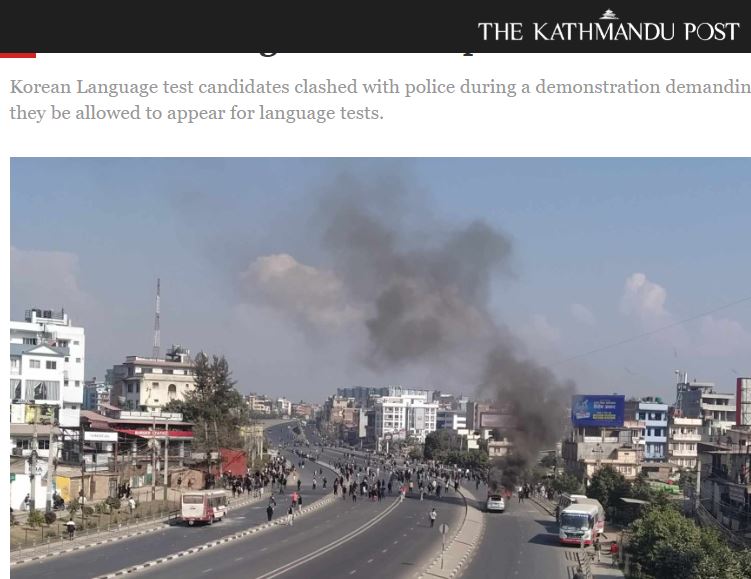
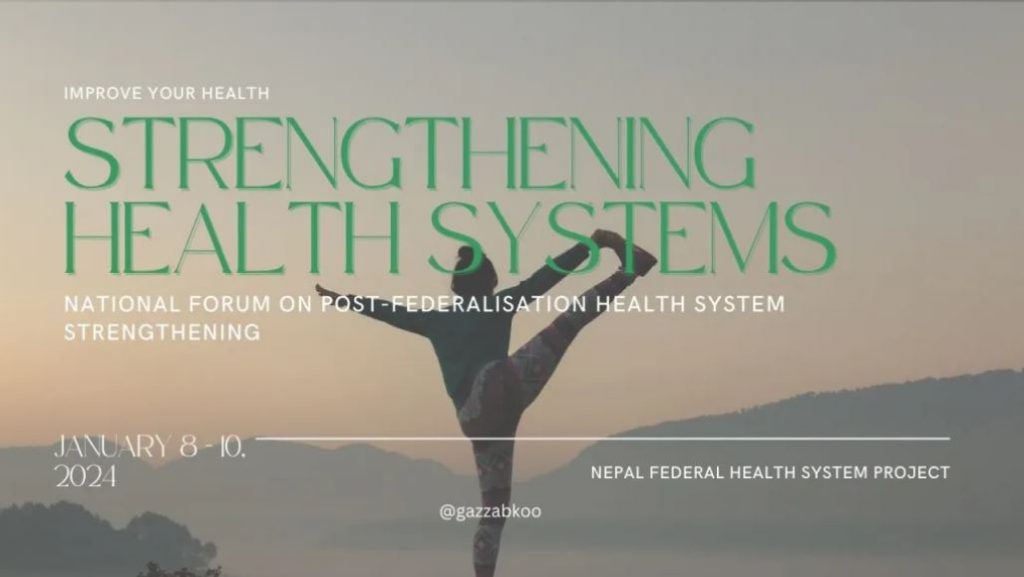

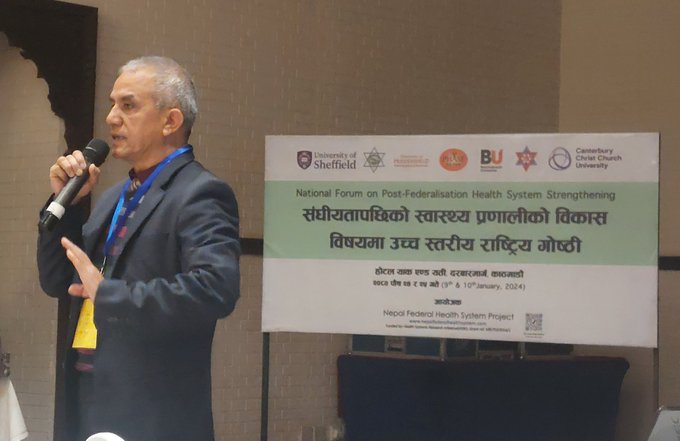
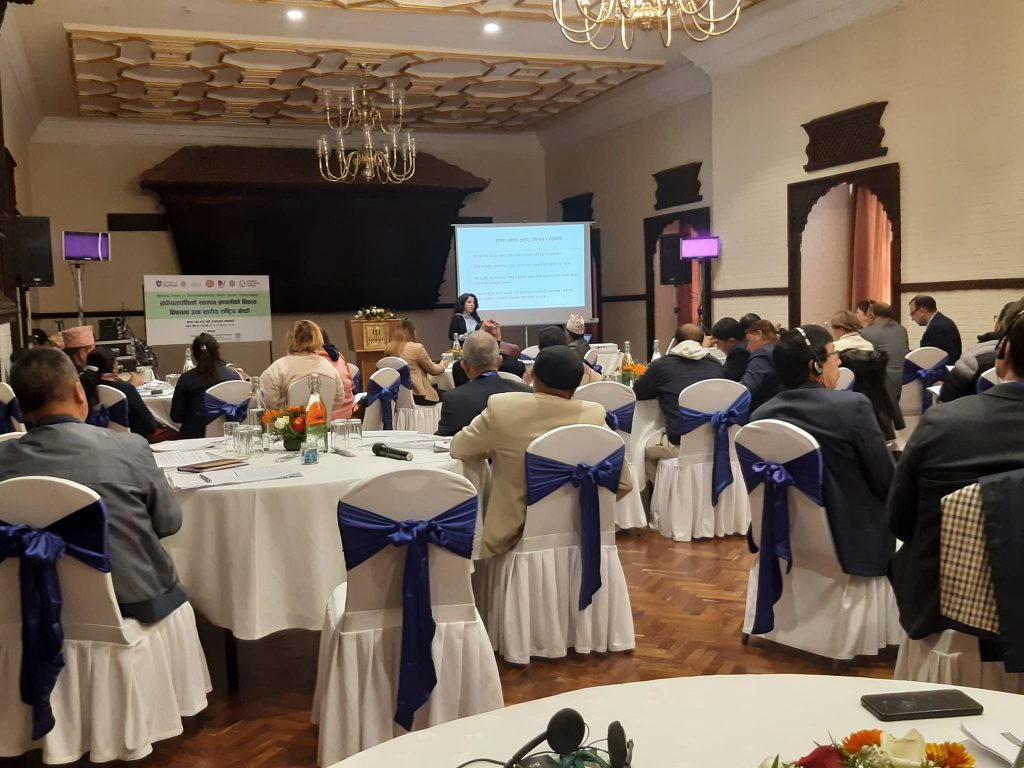
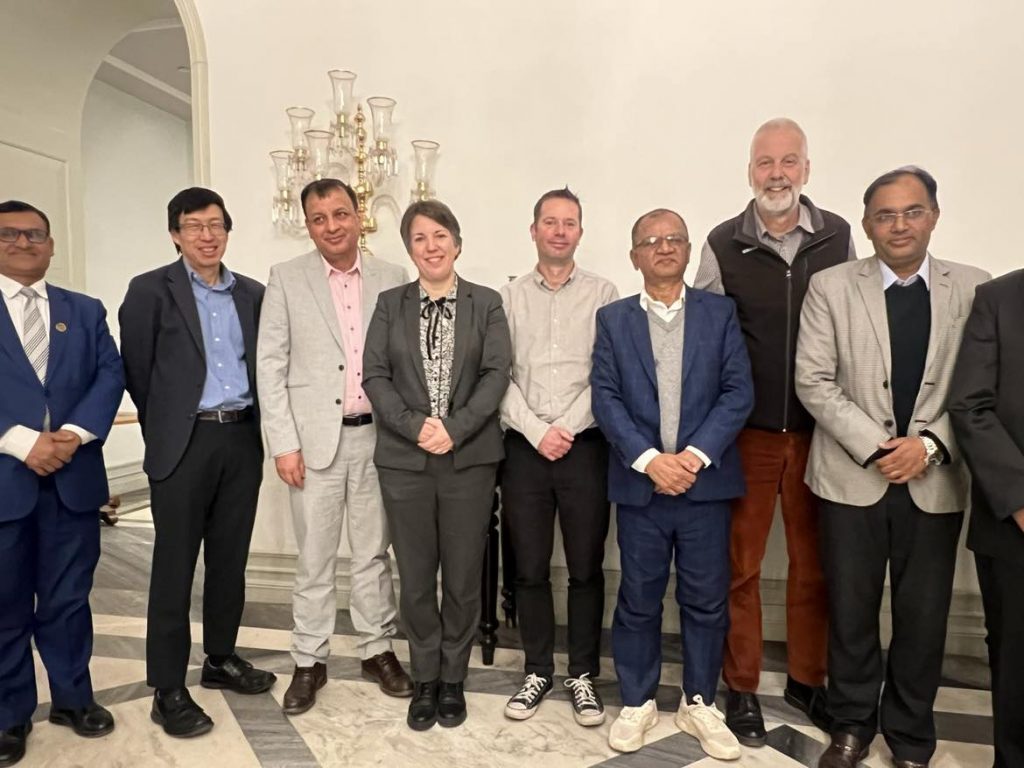
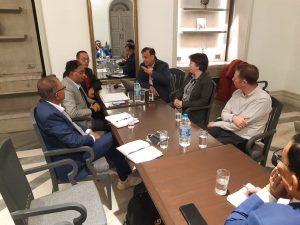

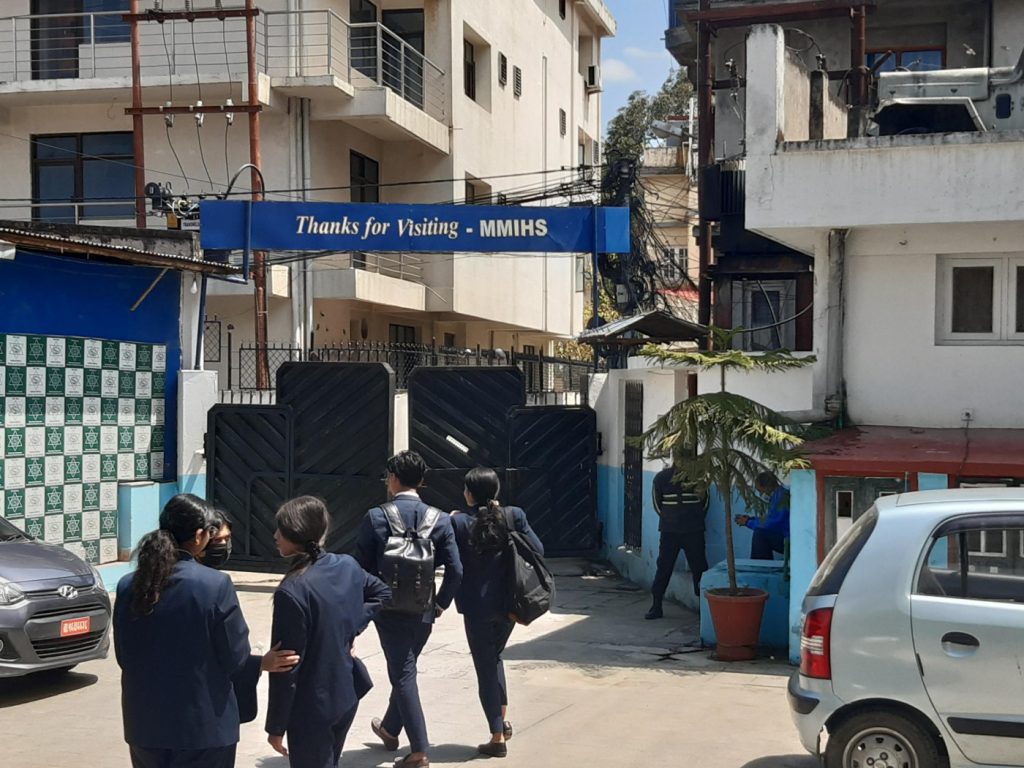

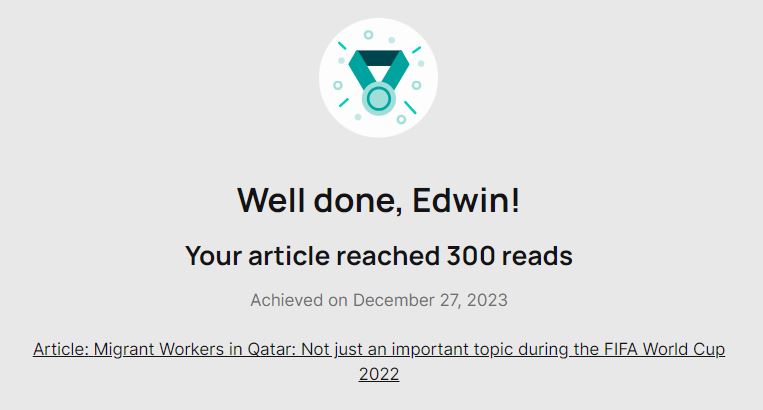
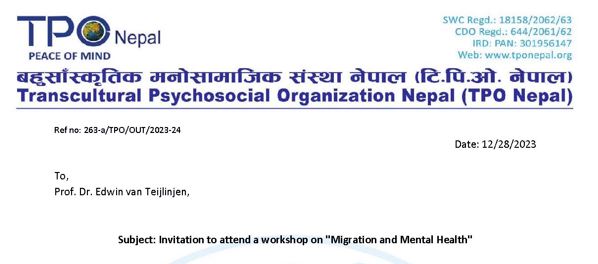
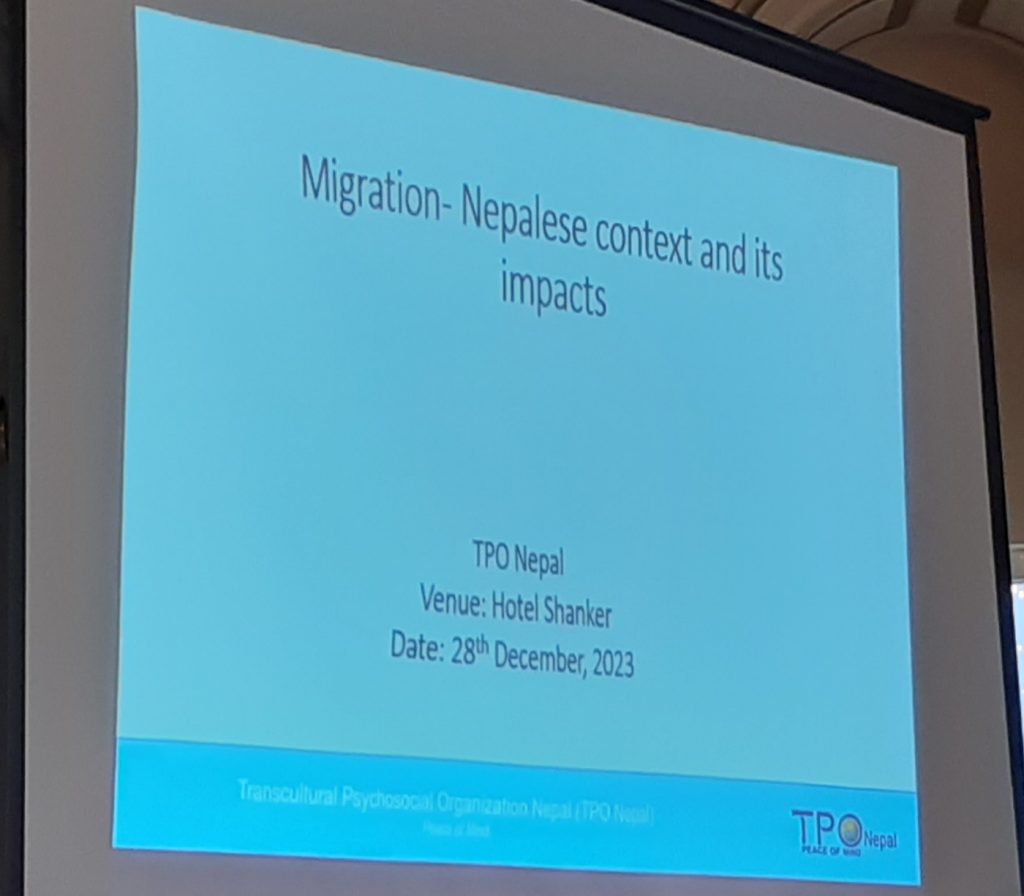
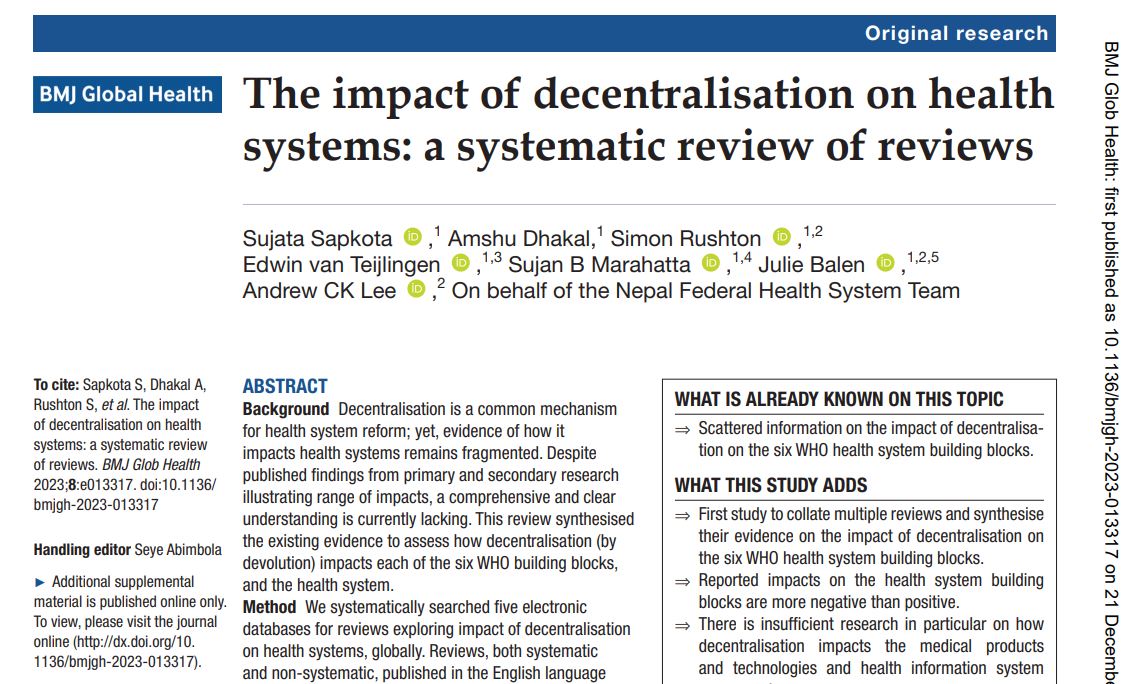
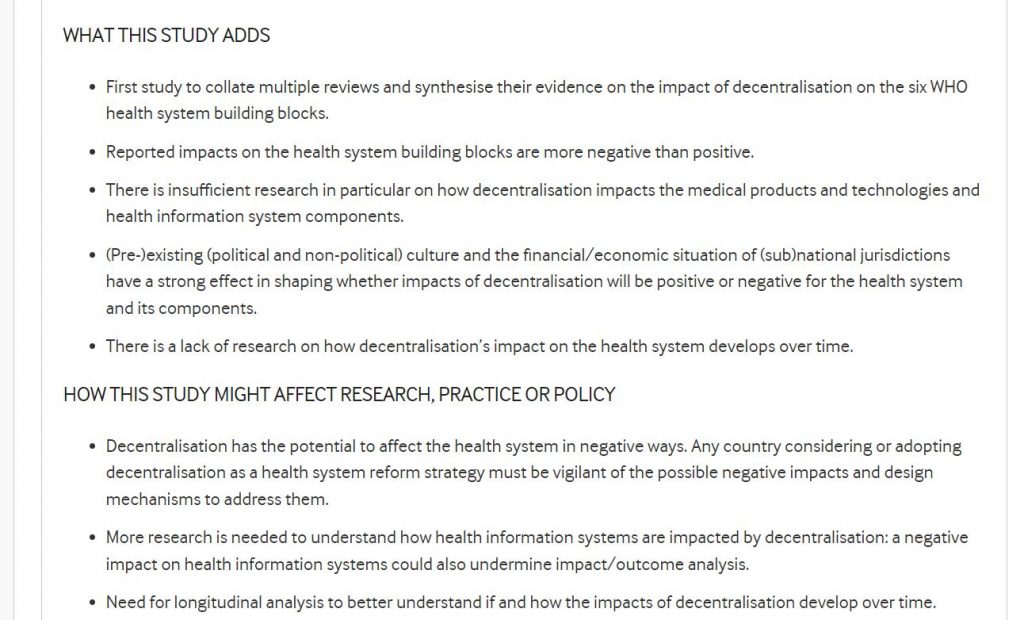

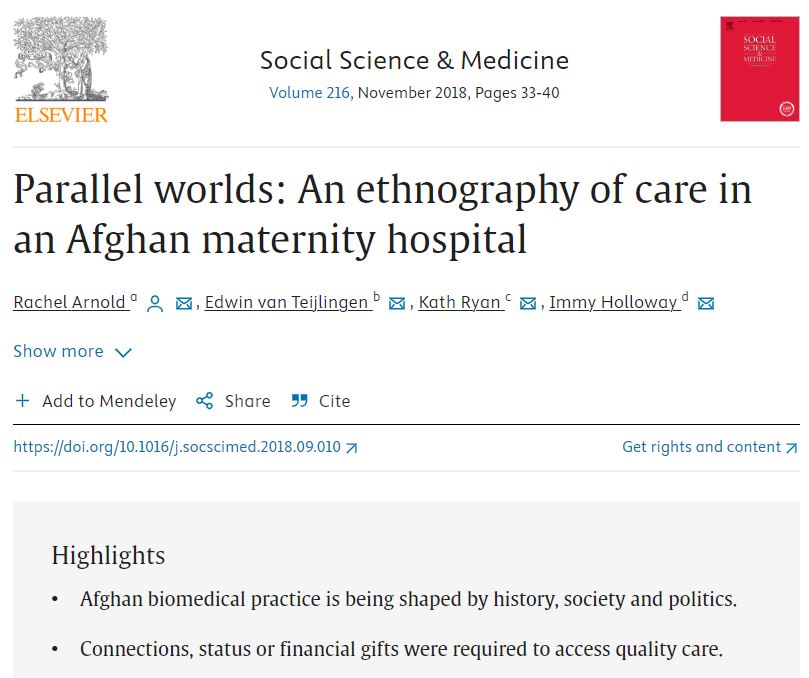
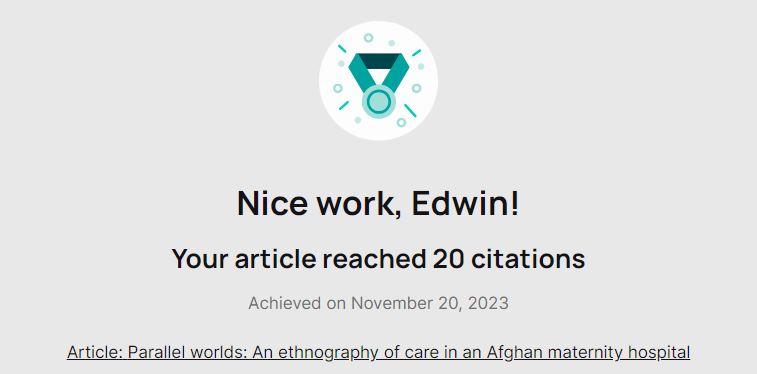

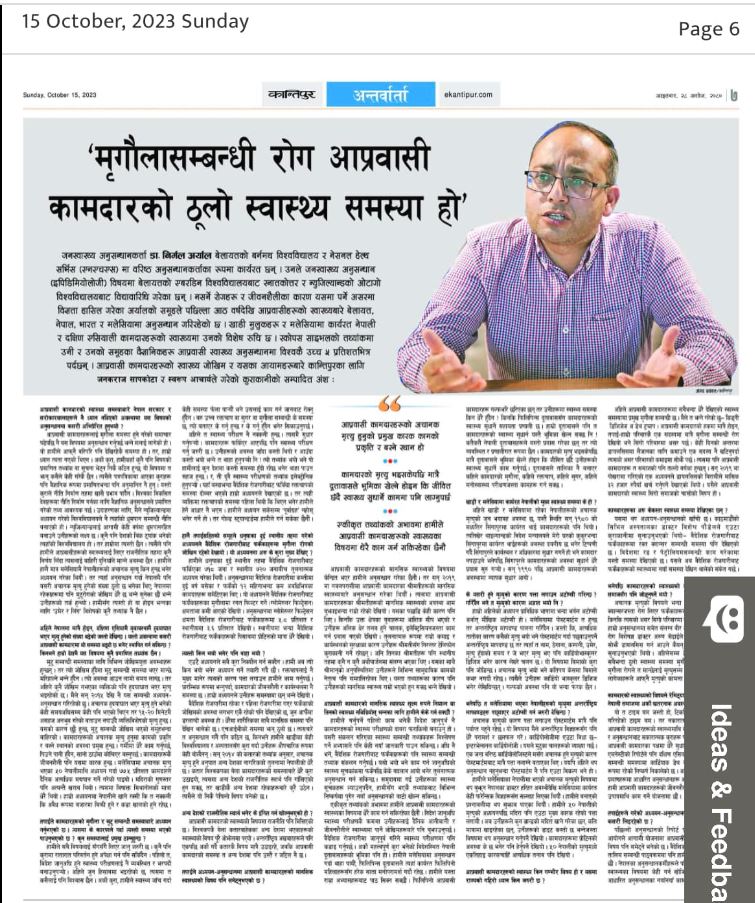
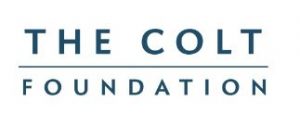
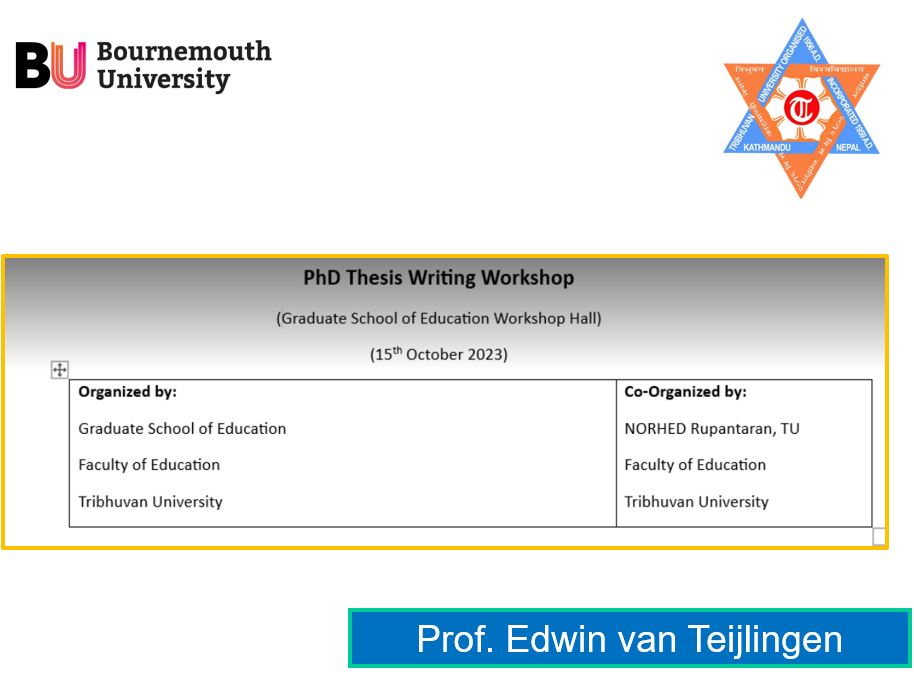












 New CMWH paper on maternity care
New CMWH paper on maternity care From Sustainable Research to Sustainable Research Lives: Reflections from the SPROUT Network Event
From Sustainable Research to Sustainable Research Lives: Reflections from the SPROUT Network Event ECR Funding Open Call: Research Culture & Community Grant – Apply now
ECR Funding Open Call: Research Culture & Community Grant – Apply now ECR Funding Open Call: Research Culture & Community Grant – Application Deadline Friday 12 December
ECR Funding Open Call: Research Culture & Community Grant – Application Deadline Friday 12 December MSCA Postdoctoral Fellowships 2025 Call
MSCA Postdoctoral Fellowships 2025 Call ERC Advanced Grant 2025 Webinar
ERC Advanced Grant 2025 Webinar Update on UKRO services
Update on UKRO services European research project exploring use of ‘virtual twins’ to better manage metabolic associated fatty liver disease
European research project exploring use of ‘virtual twins’ to better manage metabolic associated fatty liver disease